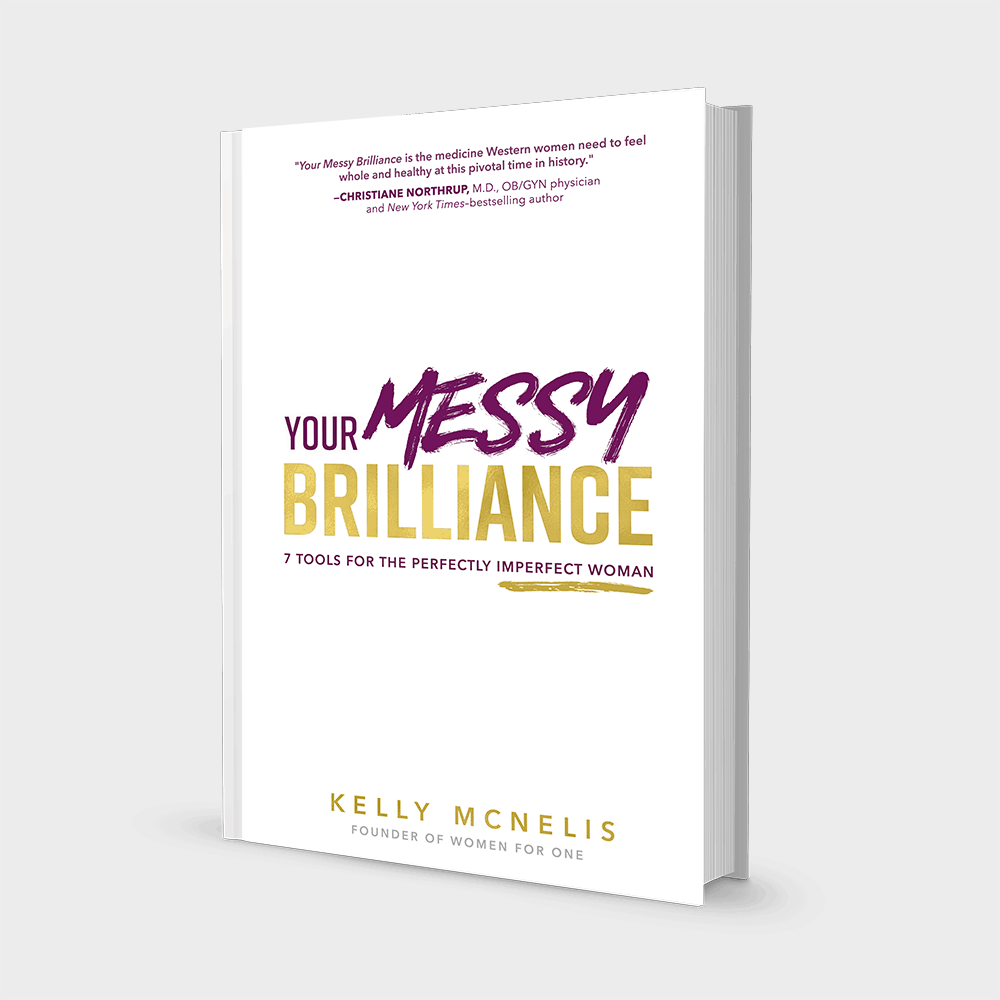
Ignite Your Inner Light
“Life shrinks or expands in proportion to one’s courage.” —Anaïs Nin
Growing up in South Korea, I was raised to be respectful and considerate of others. Korean cultural norms encourage humility and deference to authority, which may explain my tendency to be compliant and even timid in front of power and authority.
The same attributes that I considered my assets have been also a challenge in the U.S., where promoting oneself and one’s ideas assertively are critical for success. I tend to avoid conflict and confrontation. It is still difficult for me to verbalize my feelings, especially negative ones, and disagree with people. Reflecting on my upbringing and cultural background, I can’t recall my parents and teachers asking me how I felt, although I have no doubt that they wanted nothing but the best for me. Feelings were simply not considered important.
Several years ago, I took over a big project from a colleague who I felt had not been helpful for a smooth transition. I felt resentful toward my uncooperative colleague but didn’t know how to talk to her about my concern. I dreaded such working relationships, but avoiding my colleague was easier than directly addressing it.
New opportunities opened up to me, and I changed my jobs. However, a similar incident, with different personalities and in different organizations, kept happening to me. Difficult colleagues I desperately wanted to avoid were everywhere, like the men in black suits in the movie The Matrix.
I used to think, I am good, hard working. Why is this happening to me?
I was introduced to Kundalini yoga and meditation. Hoping to deal with my frustration, I practiced it almost every day for a year. During my meditation one evening, an image of my parents entered my mind. My dad is intelligent, highly educated, analytical, and unemotional. My mom finished only elementary school, but she is the most respectful, compassionate, and wise person in the world to me. She is humble and modest, yet there is a stable inner flame and a quiet confidence about her. My dad deeply admires that about her.
No matter where my mom goes, people are drawn to her. She is like a rock star in her small community. Kindness and compassion are a guitar and drum that she plays to make her fans go wild. No matter how uneducated or poor people are, she instantly connects with them and makes them feel appreciated. When she is with you, she is fully present in your company.
My mom deliberately goes to a traditional market for her grocery, instead of a clean supermarket. It is important for her to be a customer of poor old ladies selling vegetables on street corners. “It is their livelihood,” she says. Funny enough, my mom still negotiates with these ladies for the best price possible! She doesn’t just leave after their business transaction. She asks them about their business, health, and kids and wishes them to sell all their crops by the end of a day. She treats them as if they are her mother or sisters. There is no boundary or separation in her world. Love is the glue that connects everyone around her.
During my meditation that evening, my mind traveled to the times when my dad was disparaging and dismissive of my mom’s opinions. No matter how condescending my dad was, although I am not sure if he was aware or even intended it, my mom didn’t let it get to her like a nonstick frying pan.
I love my dad, and he has many good qualities. His arrogance isn’t one of them. That evening, my dad’s dismissiveness felt so familiar to me, as if I was entering his body and behaving dismissively toward someone. The person’s face was blurry, so I couldn’t see. I asked myself, “Who would I do this to?”
I remained puzzled and paused for a while. Suddenly, my heart sank, and I felt like I couldn’t breathe for a few seconds. Tears were quietly rolling down my cheeks and reached the corners of my lips. I could taste my tears, warm and salty. I started sobbing uncontrollably, with my hands covering my face. Despite my lifetime mastery of emotional inhibition, that evening I couldn’t stop crying. In fact, I didn’t want to stop. I wanted to allow myself to just be with that moment, no matter how ridiculous I might have looked to my fellow yogis.
I realized that the person I was dismissive of was myself. I thought oppressors were out there keeping me down. I wanted to avoid them so that I could become happier. The truth was, I was the one who dismissed and silenced myself, not my colleagues or anyone else.
This realization made me think about the values that I had lived by. What does it mean to be respectful of others if doing that requires me to refrain from voicing myself? Without self-respect and kindness to myself, what can I truly offer to others?
I no longer felt like a victim. In fact, I never was. At the end of that meditation, I apologized to myself for how unknowingly I treated myself. A new relationship with myself began that evening. I had the power within me that I never tapped into. I didn’t hold myself accountable for my actions and choices, including the way I communicated with myself and others, and the way I responded to challenges. I decided to become my own advocate. I started making a conscious effort to be tune in to my inner voice, using my emotion constructively as a tool to empower myself and being open to learning about the other side of a story.
If you find yourself in a situation calling for your courage, what would you do? I hope you find your voice and courage—because you matter.









0 comments to "Ignite Your Inner Light"